HISTORY
HISTORY
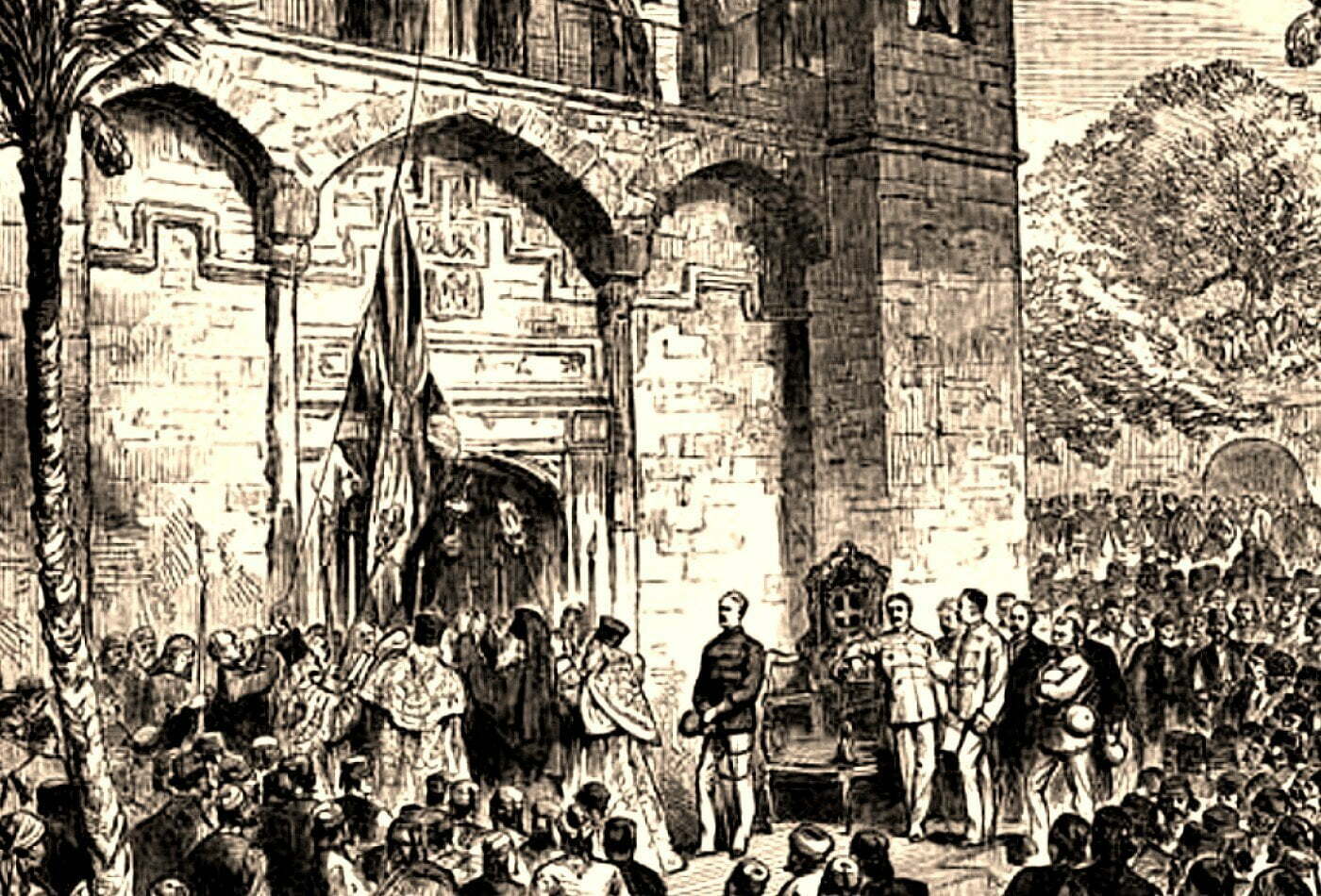
On June 4, 1878, the Ottoman Empire ceded Cyprus to the British Empire as a protectorate (and later as a possession) with a Treaty of Defence Alliance which was secretly signed during the Berlin Congress (June 4, 1878 – July 1, 1878).
For the history of the treaty, the British Empire would take the responsibility to help Sultan Abdul Hamid II with military force so as to defend the areas of Watum, Ardahan and Kars in case Russia wanted to conquer these areas or it would attempt to occupy other Ottoman territories in Asia.
This agreement involved Cyprus as the Sultan agreed to cede the island to England with full right of occupation and administration. The time limit for the agreement to be put in force was no later than one month after it was contracted.
Thus, 24 days later, the flag of the British Empire is hoisted in Nicosia and the beginning of the British occupation of Cyprus is marked. The first governor of Cyprus was Lieutenant General Sir Garnet Joseph Wolseley, who was received by the then Archbishop of Cyprus, Sophronius III.
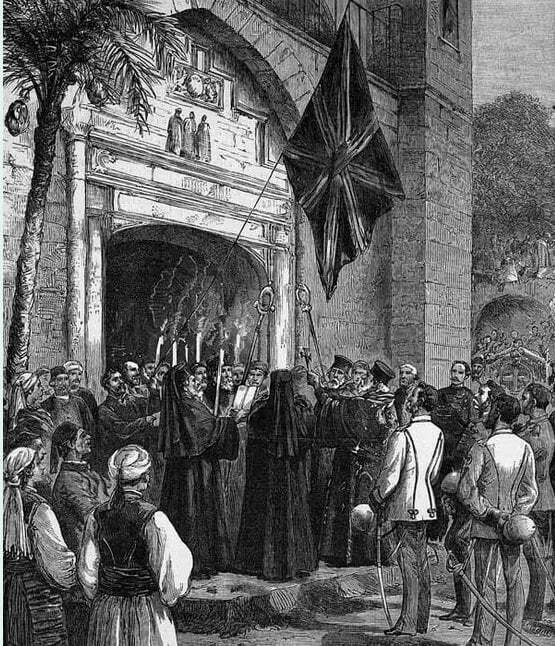
The beginning of the British occupation, the raising of the English flag in July 1878 in the metochi of Agios Prokopios
The British rule in Cyprus will last 82 years and will go through several phases until the establishment of the Republic of Cyprus in 1960. Although Cypriots saw the transition of Cyprus from the Ottoman occupation to England positively, mainly due to England’s religion and culture, but also because of the hope that the British would in turn cede the island at some point to Greece, this view changed over the years.
The Ottoman Empire’s relations with England would be dissolved in 1914, with the entry of the former into World War I on the side of the Central Powers (Germany, Austria-Hungary, Italy). Thus, England would annex and declare Cyprus as its possession, while in 1925, following the Treaty of Lausanne (1923), Cyprus would be declared a British colony and Turkey would relinquish all its rights to the island.
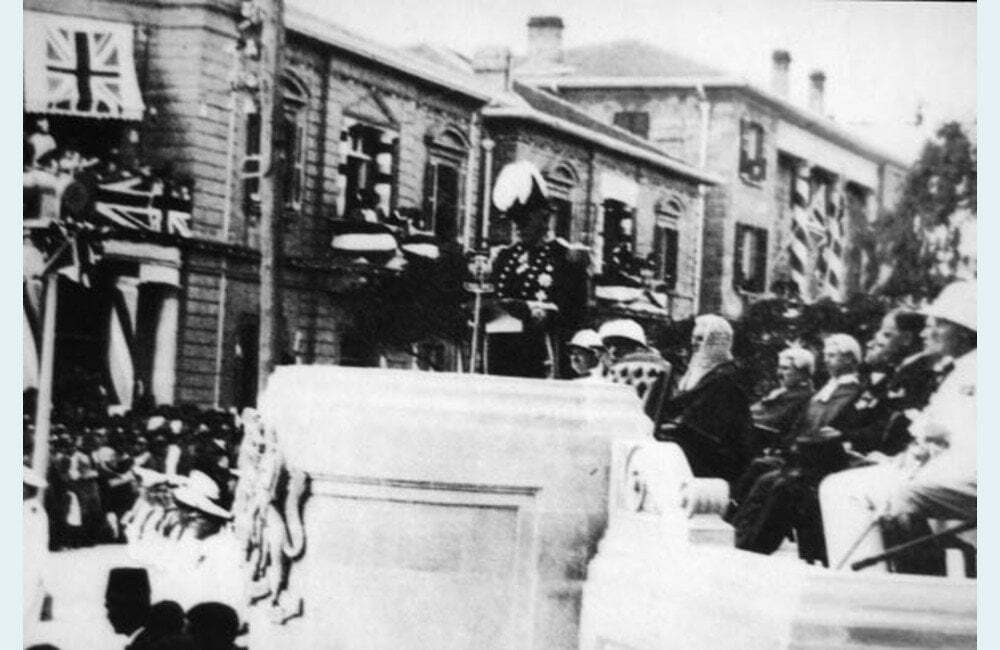
Announcement ceremony of Cyprus in a British colony in Nicosia in 1925.
However, the Cypriots did not stop asking the British to fulfill their desires regarding their Union with Greece. The national demands of the Cypriots were carried out through the promotion of the request for Cyprus’ Union with Greece with resolutions, memoranda and national embassies in London, in an effort to mobilize the British public opinion.
In addition, the Cypriots voluntarily participated in the wars of the Greek Nation (Greek-Turkish War of 1897, Balkan Wars 1912-1913, World War I 1914 – 1918, Asia Minor Campaign 1922). They also took part in World War II as they believed that after the war and the victory of the Allies, they would help their homeland to be liberated from colonialism.
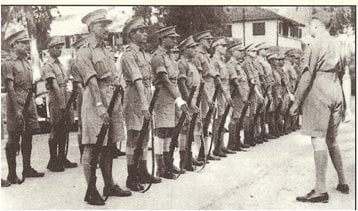
Greek Cypriots of the Cypriot phalanx
The course of the Greek Cypriots towards the conflict with the colonial regime was inevitable, due to the policy of the British, which imposed harsh customs duties, devalued the legislative council of Cypriot MPs, while imprisoning and imposing fines on those who reacted. The culmination of the already tense situation was Palmer’s rule (1933 -1939). During this period, liberal and dictatorial measures were taken such as the abolition of the Legislative Council, the censorship of the press, the prohibition of gatherings of groups of more than five people and trade unions while 28 trade union leaders were sentenced to up to four years in prison on charges of subversive conspiracy.
An attempt for dehellenization was also made. Decrees forbidding the posting and display of the Greek flag, the use of Greek national symbols and the National Anthem, the posting of images of national heroes in schools and associations, while the teaching of history was severely curtailed.
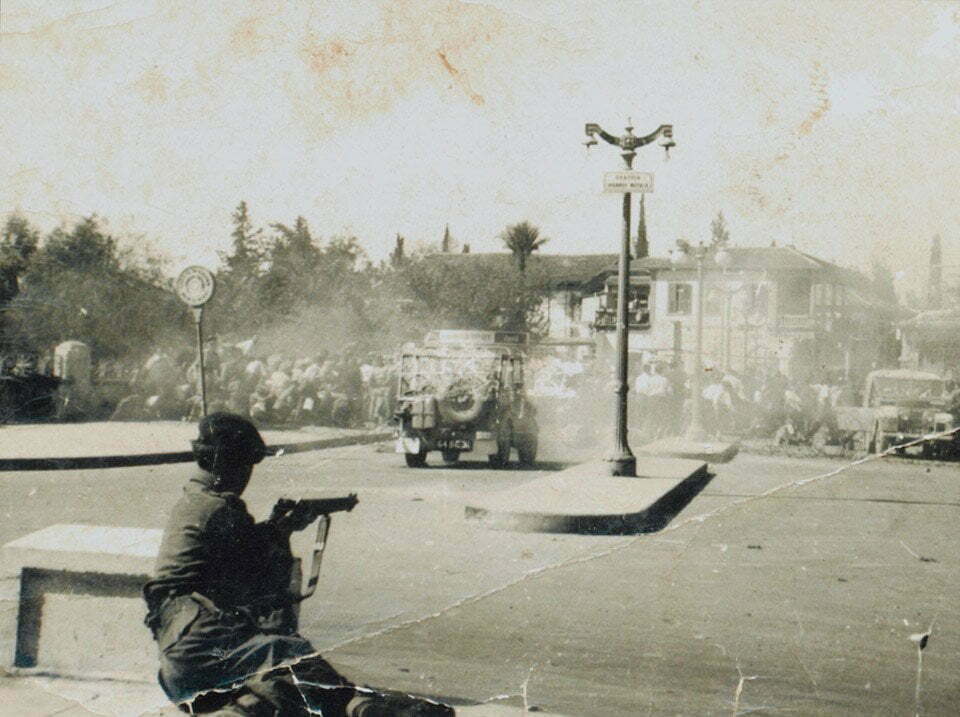
All this led to the well-known events, to the uprisings of the Greeks of Cyprus, to the Union Referendum and of course to the liberation struggle of EOKA in 1955-1959.
With the establishment of the Republic of Cyprus, Britain still has a presence on the island in two areas (Akrotiri, Dhekelia) which are under British management as British overseas territory.
The United Kingdom has demanded and succeeded in occupying a part of Cyprus in the form of military bases, due to Cyprus’ strategic position in the Mediterranean Sea, for the benefit of British interests.
With information from: ΙΣΤΟΡΙΑ ΤΗΣ ΚΥΠΡΟΥ ΜΕΣΑΙΩΝΙΚΗ ΚΑΙ ΝΕΟΤΕΡΗ
Memorial Speech by the Minister of Defence Vassilis Palmas at the annual memorial service for the fallen of the 3rd Company of the 211th Infantry Battalion
The Minister of Defence of the Republic of Cyprus, Mr. Vassilis Palmas, attended the annual commemoration of the fallen of the 3rd…
120 years since the death of Pavlos Melas—The Hero of the Macedonian Struggle—Photos
The Armed Forces honor the memory of the ethnic martyr who gave his life for the liberation of Macedonia…
80 years since the Battle of Rimini – The Brigade that wrote golden pages of history
The “Rimini Brigade” wrote new pages of history for Greece, placing it in the camp of the winners. This success was linked to hope and…
HCDI | The Programmatic Horizon of Research and Development Projects for 2025
The Hellenic Defence Innovation Center (HCDI) announced its Programmatic Horizon of Research and Development Projects for 2025, which…
RAFNAR Hellas | New Shipyard in Lavrio, Expansion in Keratea, and New 62-Foot Vessel
RAFNAR Hellas has announced the official opening of its new state-of-the-art shipyard and headquarters in Lavrio, along with a…
IVECO DEFENCE VEHICLES – METLEN | Strategic Alliance for the Hellenic Army’s Military Truck Fleet Modernisation
METLEN and Iveco Defence Vehicles (IDV) have signed a Memorandum of Understanding (MoU), establishing an exclusive collaboration…
Prisma Electronics | Delivery of the First Systems for the FDI Frigates
Prisma Electronics has successfully delivered the first systems for the FDI frigates, having passed all rigorous acceptance…
Massive Ancient Greek Defensive Wall Unearthed in Croatia
An ancient Greek defensive wall, dating back at least 2,000 years, has been uncovered near the Adriatic coast of Croatia, the…
Airbus | Demonstration of LOAD Against Kamikaze Drones
At the “Unmanned Systems X” trade show held in Bonn, Germany, on 25-26 March, Airbus introduced its new unmanned air defence system, LOAD.






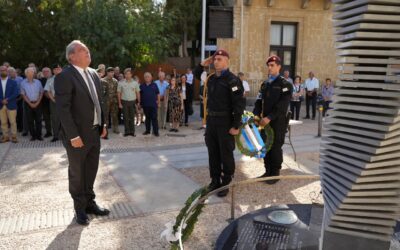
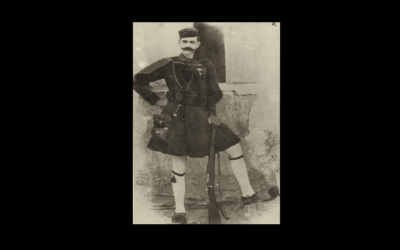
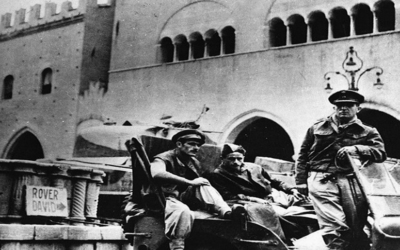




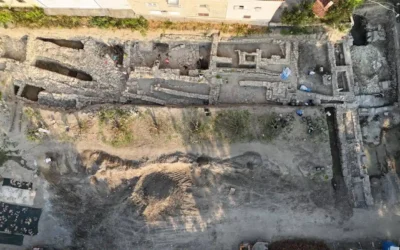

0 Comments